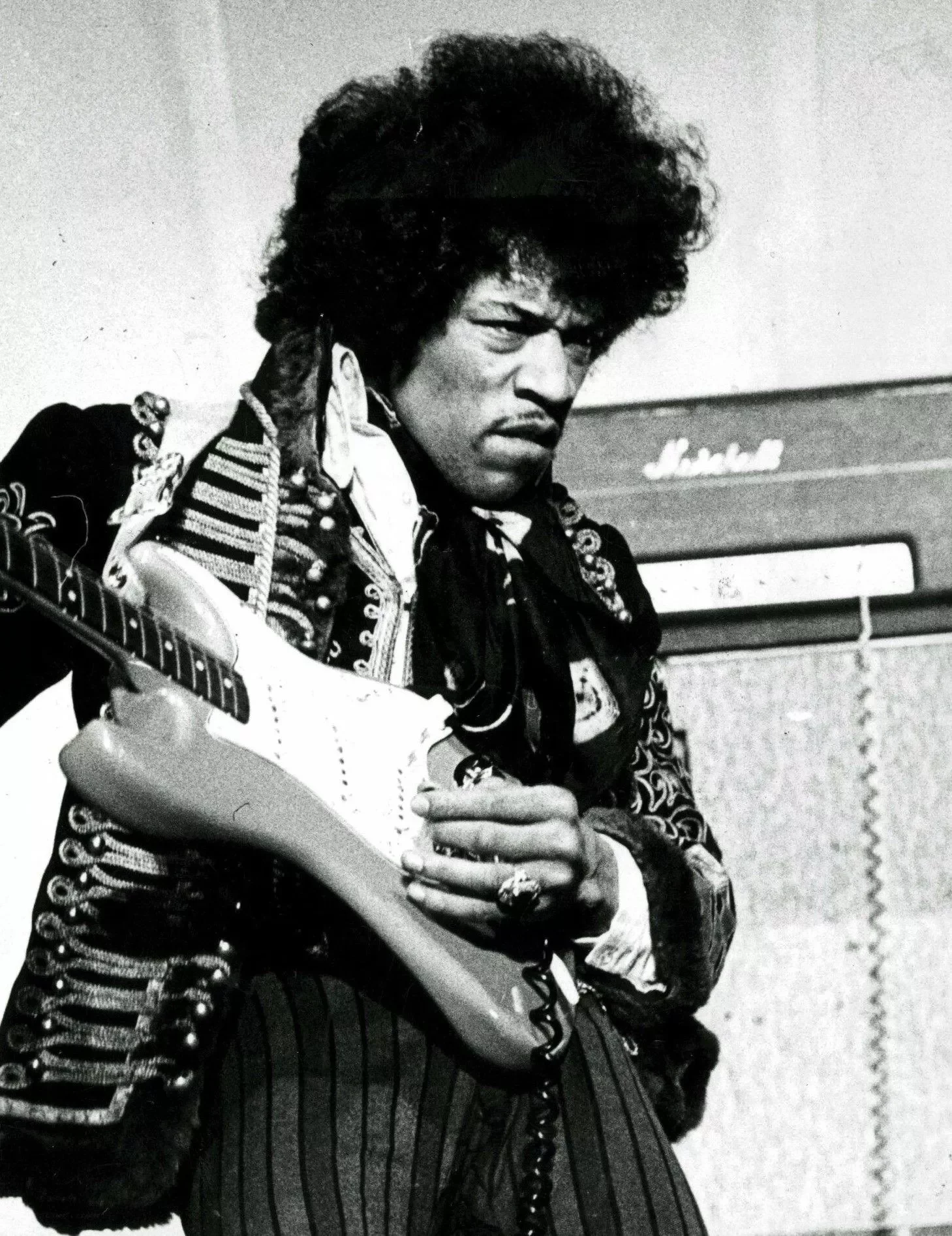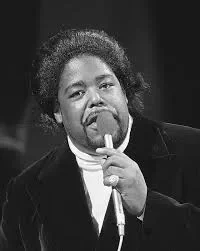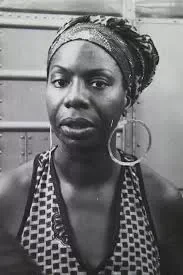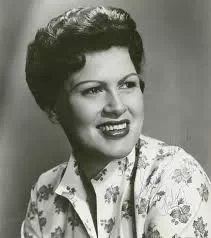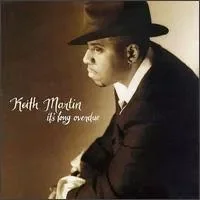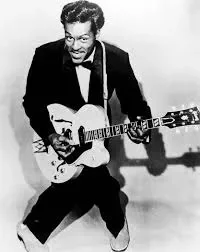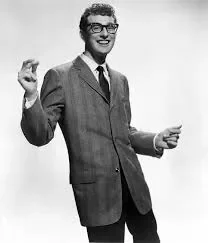Real Celebrities Never Die!
OR
Search For Past Celebrities Whose Birthday You Share
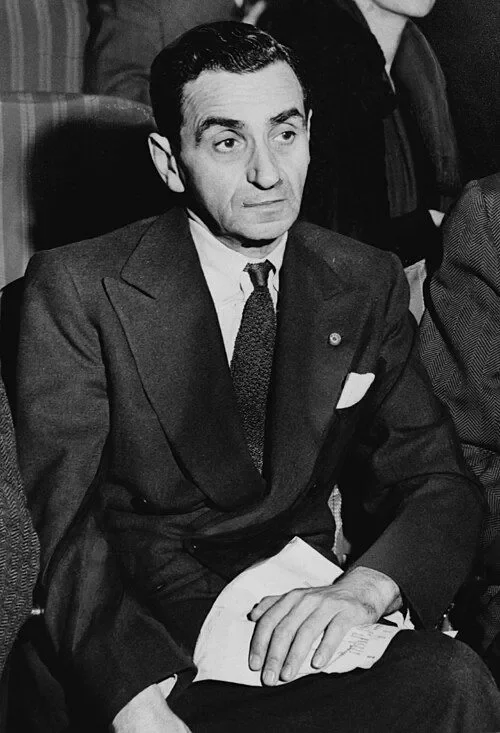
source:wikipedia.org
Irving Berlin
Birthday:
11 May, 1888
Date of Death:
22 Sep, 1989
Cause of death:
Heart attack
Nationality:
American
Famous As:
Composer
Age at the time of death:
101
Irving Berlin's Quote's
Early Life
Irving Berlin was more than a songwriter—he was the soundtrack of America. A master composer and lyricist, his music shaped generations, offering everything from rousing patriotic anthems to timeless holiday melodies. His journey from humble immigrant beginnings to one of the most celebrated figures in music history is a story of talent, perseverance, and the power of song.
Born Israel Beilin in Russia in 1888, Berlin’s early life was marked by hardship. At the age of five, he and his family immigrated to the United States, settling in New York City’s Lower East Side. Life in America was not easy, and as a young boy, Berlin took to the streets to help support his family, working odd jobs and picking up a love for music along the way. His first steps into the world of songwriting began when he worked as a singing waiter and song plugger, immersing himself in the city’s vibrant musical culture.
In 1907, Berlin published his first song, Marie from Sunny Italy, a modest success that hinted at the greatness to come. But it was Alexander’s Ragtime Band in 1911 that truly launched his career. The song not only became an international sensation but also sparked a ragtime craze, cementing Berlin’s place as one of the era’s leading songwriters.
The Architect of American Song
Berlin’s influence only grew as he composed for Broadway, Hollywood, and beyond. He had a unique gift for capturing the spirit of the times, crafting songs that resonated with people across generations. His contributions spanned multiple genres, from jazz standards like Puttin’ on the Ritz and Cheek to Cheek to beloved holiday classics like White Christmas and Easter Parade.
Perhaps his most enduring patriotic song, God Bless America, became an unofficial anthem during World War II, offering hope and unity during turbulent times. Though he never formally learned to read or write sheet music, Berlin’s talent was unparalleled—he played by ear and composed using a specially designed piano with a transposing lever that allowed him to change keys while keeping his familiar finger positions.
Beyond Music: A Visionary Entrepreneur
Berlin was not only a gifted songwriter but also a savvy businessman. He founded his own music-publishing company, ensuring control over his compositions, and established the Music Box Theatre in New York, a venue dedicated to showcasing his work. His songs earned multiple Academy Award nominations, further solidifying his impact on American entertainment.
Personal Life
Berlin has had challenges with his marital life. In the 1900s, he was married to his first wife, Dorothy Geotz, who happened to be the sister of one of his collaborators. Unfortunately, in July of the same year, Dorothy died after she contracted typhoid fever during their honeymoon in Havana.
This was such a deep loss for Berlin that left him with writer’s block but after a few months he managed to write his first ballad, “When I Lost You”, to express his grief.
Few years later, Berlin met and fell in love with author and heiress Ellin Mackay, but due to their religious difference the marriage between the both parties was challenging.
After all said and done, in 1926, Berlin finally married Ellin. The couple were blessed with four children.
A Lasting Legacy
Irving Berlin lived to be 101 years old, passing away in New York City in 1989. His influence remains immeasurable, with his melodies continuing to define celebrations, inspire patriotism, and evoke nostalgia. As the man who once said, “The song is ended, but the melody lingers on,” his legacy proves that great music truly never fades.
Name:
Irving Berlin
Popular Name:
Irving Berlin
Gender:
Male
Cause of Death:
Heart attack
Spouse:
Place of Birth:
Tyumen, Russia Empire
Place of Death:
New York City, U.S.
Occupation / Profession:
Personality Type
Defender: Very dedicated and warm protectors, always ready to defend their loved ones. People who enjoy helping others. They would rather choose teamwork over competition.
After his father passed away, he quit school and started singing on the streets.
He gave all royalties for the song “God Bless America” to the Boy and Girl Scouts.
He wrote patriotic songs in World War I and World War II.
His song “When I Lost You” was about the death of his new wife.
He received his star on the Hollywood Walk of Fame in 1994
He was awarded the Congressional Gold Medal in 1954 from President Dwight D. Eisenhower
He was inducted into the Theater Hall of Fame
He won the Academy Award for Best Original Song in 1943 for “White Christmas” in Holiday Inn.
He won the Grammy Lifetime Achievement Award in 1968

